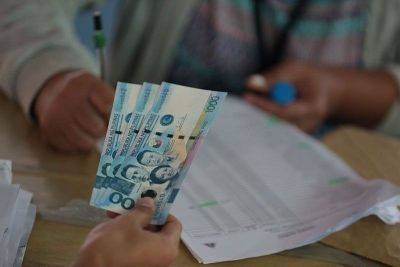4Ps recipients told: Avoid loan sharks
THE Department of Social Welfare and Development (DSWD), through the Pantawid Pamilyang Pilipino Program's (4Ps) national management office, urged all beneficiaries on Saturday to avoid dealing with loan sharks or pawning their cash cards.
«We conduct a spot check during family development sessions to see if the 4Ps beneficiaries should bring their ATM because that [pawning of cash card] is not allowed. They can be delisted from the program,» program manager Gemma Gabuya said.
A loan shark provides loans at exceedingly high interest rates, has demanding collection terms, and often works outside the law.
Pawning the ATM or cash cards is a kind of unregulated lending scheme in which the card is used as collateral, and the lender withdraws money for the loan on each paycheck until the entire amount is paid back.
Gabuya also pointed out that 4Ps recipients should be model citizens who adhere to program guidelines, as they can be delisted for misbehavior after three warnings if it is discovered that they are pawning their cash cards to loan sharks.
«You have to take care of the resources of the government, and you should be the one who models the face of the program,» Gabuya said.
Currently, the 4Ps National Program Management Office has recommended amending Republic Act 11310, also known as the 4Ps Law, to include measures that sanction loan sharks and cash card pawning.
The 4Ps is the Philippine government's national poverty reduction plan and human capital investment program that offers conditional cash transfers to promote the health, nutrition, and education of children ages 0 to 18.







